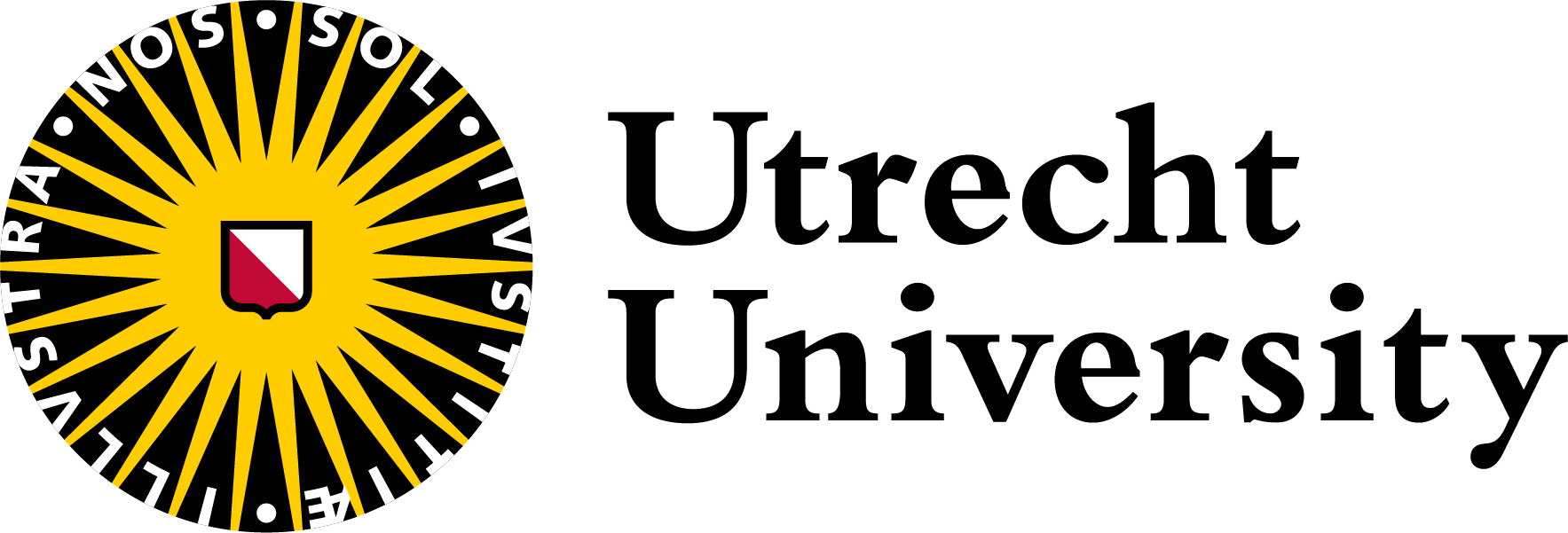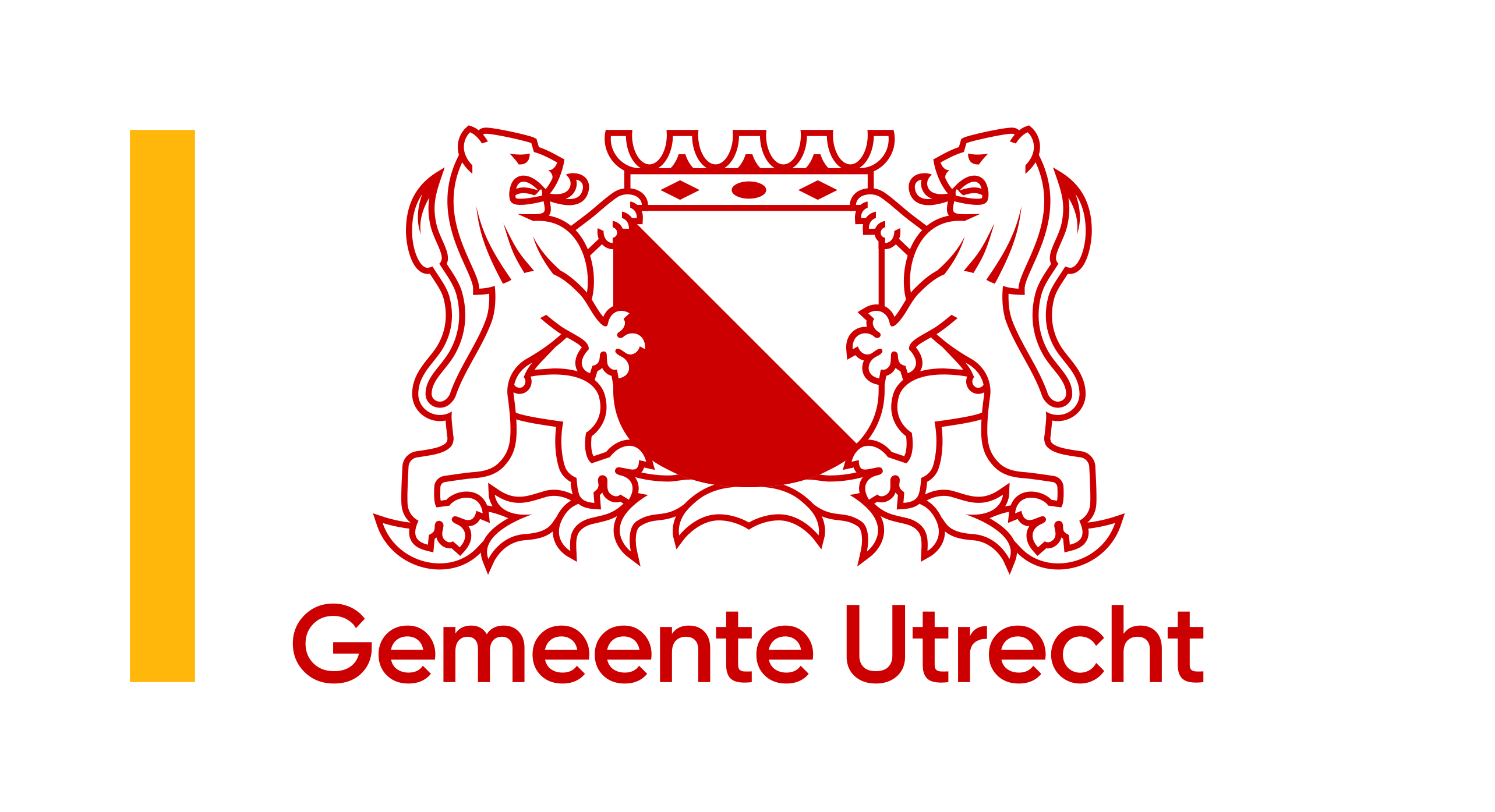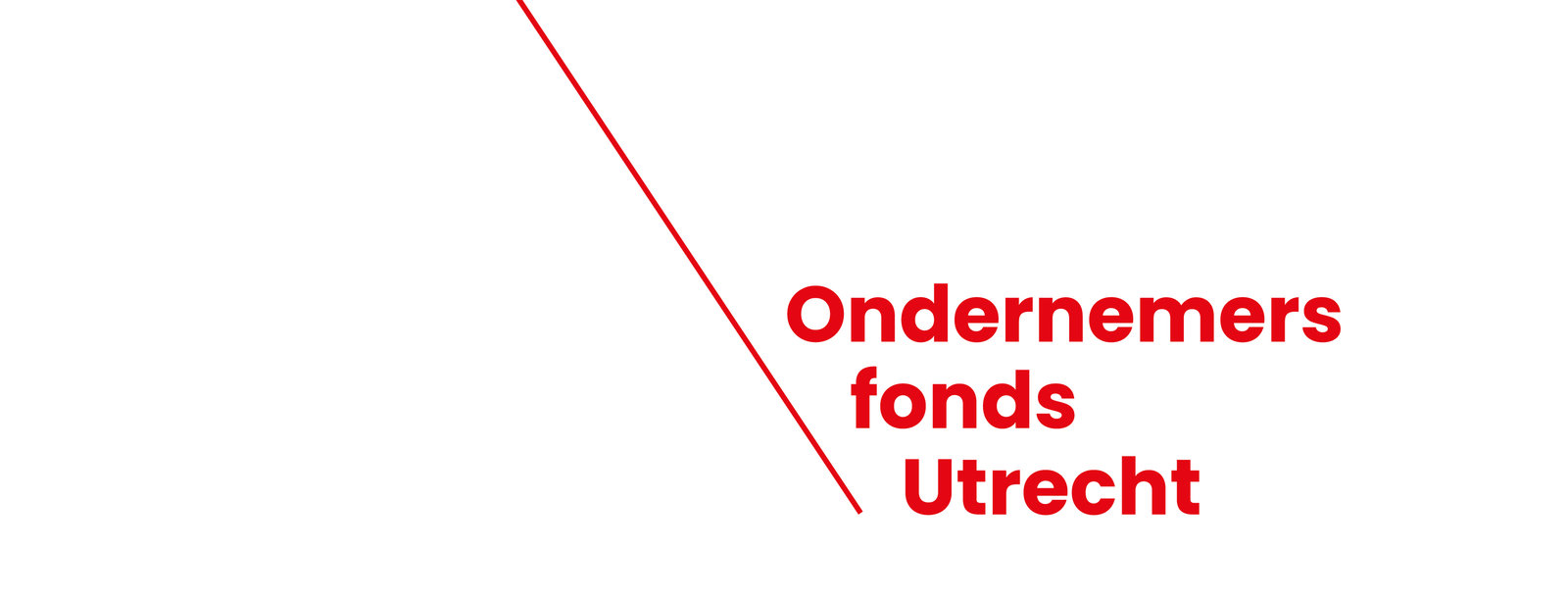Paul Coffer appointed new scientific director of Life Sciences
As per October 2024, Professor Paul Coffer will be appointed the new scientific director of the university-wide strategic theme Life Sciences.
Paul Coffer is molecular-cell biologist.He is the Scientific Director of the Regenerative Medicine Center Utrecht and implementation manager of the Research & Innovation Center at the UMC Utrecht.
The scientific director is the face of the Life Sciences theme, and works in close consultation with the Life Sciences deans of the three associated faculties: Science, Veterinary Medicine, and Medicine. Paul Coffer has a broad expertise which includes the fields of immunology, regenerative medicine, cancer, and molecular-cell biology, and describes himself as a “discovery scientist”. His profile aligns well with the broad theme of Life Sciences.
Bridge builder
“Paul is known as a true facilitator and bridge builder,” says Rector Magnificus Henk Kummeling. “He brings a wealth of interesting ideas and inspiring insights on collaboration between the university's strategic themes, and actively pursues opportunities to connect. For us, that makes him the perfect person to strengthen the connections between Life Sciences and our social and scientific partners in the coming years.”
“I strongly believe that the Utrecht Life Science campus is an exceptional place for scientists to build their careers”, says Paul Coffer. “In the coming years, advancing interdisciplinary connections, shared research facilities, and international promotion will be essential, and I am excited to be able to play a role in this.”
This is a 0.5 FTE appointment – with possible expansion to 0.8 FTE - for four years. Paul Coffer succeeds Professor Peter Luijten, who is retiring after leading the strategic direction of the Life Sciences theme for four years. Under Luijten's leadership, the theme has experienced strong growth, including improved collaboration between knowledge institutes, hospitals and companies at the Utrecht Science Park. Furthermore, many prestigious grants have been awarded, for example Large-Scale Research Facilities (NWO), Gravitation grants and National Growth Fund projects such as HealthRI, RegmedXB, CropXR, OncodeAccelerator, and the recent Centre for Animal-Free Biomedical Translation (CPBT).
Coffer: “I am looking forward to taking over the baton from Peter. The Life Sciences community in Utrecht offers a unique infrastructure and knowledge base for conducting innovative, socially relevant, multidisciplinary research. Collaboration is essential to maintain the strong international position of our researchers. I hope that with this new position I can play a central role in future-proofing Life Science research and contributing to current societal challenges.”
About Paul Coffer
Paul Coffer studied Biochemistry at Oxford University and completed his PhD at the Ludwig Institute for Cancer Research in London in 1991. In 1992, he moved to Utrecht for a postdoc position at the Hubrecht Institute. Since becoming a full professor in 2005, he has been actively involved in developing research strategies, not just at UMC Utrecht but also in a broader context within the Life Sciences, including the Regenerative Medicine Utrecht (RM) program. Within the UMC Utrecht, he was Research Manager for Division LAB with around 1500 staff from 2018 to 2023. In this context, he has also been a member a variety of UMC Utrecht committees including the corona crisis team, advisory council on promotions, and the talent advisory council. In 2023, Coffer was appointed implementation manager for the UMC Utrecht Research & Innovation Center. Here, the aim is to future-proof UMC Utrecht research infrastructures. Coffer also plays an active role in education, including serving as Director of the Utrecht University Regenerative Medicine PhD program, and chair of the U/Select Master’s Honours program.
About the strategic theme Life Sciences
The strategic theme Life Sciences is one of Utrecht University's four strategic themes. It is a broad initiative that links the scientific activities of the faculties of Science, Veterinary Medicine, and Medicine and other public and private partners in the Utrecht Science Park. Life Sciences research in Utrecht is diverse, reflecting the long and rich history of Utrecht University, its strategic partners and collaborative partners. Together, these parties strive every day to create sustainable solutions for our constantly changing world and work towards a healthy future for generations to come.
Source: Utrecht University.








